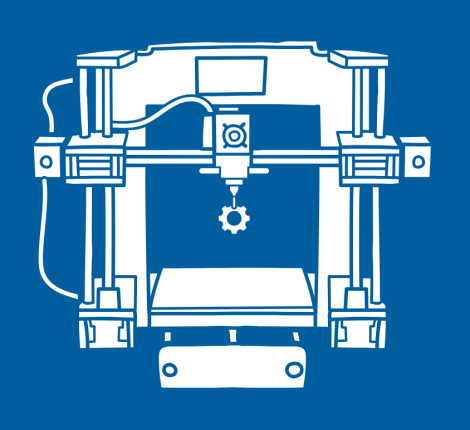LegaLogic Legasee–IPR Newsletter: Importance of Design Protection – August 2020
The Designs Act, 2000, Section 2(d) of the Act, defines Design to mean the features of shape, configuration, pattern, ornament or composition of lines or colours applied to any article whether in two dimensional or three dimensional or in both forms, by any industrial process or means, whether manual, mechanical or chemical, separate or combined, which in the finished article appeal to and are judged solely by the eye; but does not include any mode or principle of construction or anything which is in substance a mere mechanical device. Essential requirements for the registration of design under the Designs Act, 2000: • Must be new and original • Must not be disclosed to the public anywhere in India or abroad by publication before the filing date • Must be significantly distinguishable from known designs or combination of known designs • Must not contain scandalous or obscene matter • The design should be applied or applicable to any article by any industrial process. • The features of the designs in the finished article should appeal to and are judged solely by the eye. The registration provides the applicant with copyright in the design for an initial term of ten years.
Design registrations are particularly useful since, many a time, a customer’s purchase decision is based on the product aesthetics, i.e. shape, look, colour combination, ornamentation, etc. Customers may also associate a product with a particular company or with a particular quality standard based on the product aesthetics. For companies, the design is the simplest way of differentiating ones products from competing products. Further, companies manufacturing imitation products usually copy the design, i.e., look and feel of a product, to gain market share. As a result, it becomes important to protect the design from being copied.
“DETTOL” wins Trademark Infringement case in Delhi High Court against “DEVTOL” COVID-19 pandemic has resulted in increased use of healthcare products such as medicines, soaps and hand sanitisers amongst others. This has resulted in huge demand for such goods which has also prompted infringers to take undue advantage of reputed brand owners’ trademarks by using either an identical or a deceptively similar mark to market their products. In one such case, Reckitt Benckiser (India) Private limited (RBPL), a manufacturer of a well-known antiseptic which is sold under the registered trademark and logo ‘Dettol’ filed a case against Mohit Petrochemicals Private limited (MPPL) forselling hand sanitisers under the brand name ‘DEVTOL’.
The Delhi High Court holding MPPL infringing the trademark and logo of well-known antiseptic ‘Dettol’, passed a decree of permanent injunction against the use of the mark “DEVTOL” asserting infringement of its wellknown trade mark “DETTOL” and ordered MMPL to stop using the mark ‘Devtol’ for manufacturing and selling its hand sanitisers. The Court also directed MPPL to deposit a sum of Rs 1,00,000 to Juvenile Justice Fund maintained under the Register General High Court of Delhi. This case enumerated and promoted the fact that,
“When the products are related to the healthcare industry, the urgent hearing through video conferencing against the infringers and counterfeiters could be obtained in order to prevent losses and damages but also because such goods may be detrimental to public health due to sub-standard quality”.




